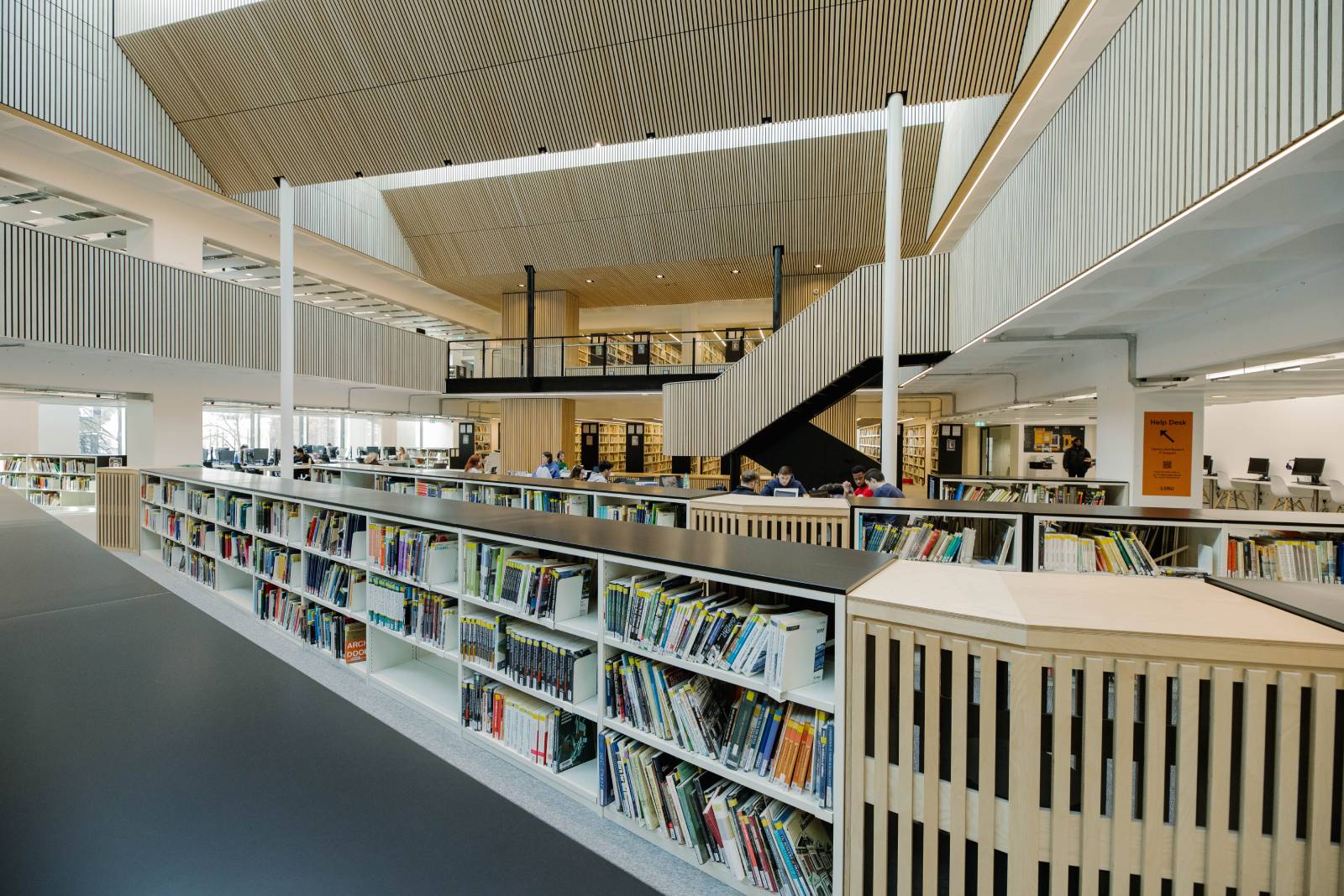Following fields are empty!
Work, Employment and Society
Work, Employment and Society is a leading international peer reviewed journal of the British Sociological Association which publishes theoretically informed and original research on the sociology of work. Work, Employment and Society covers all aspects of work, employment and unemployment and their connections with wider social processes and social structures.
World Customs Journal
World Leisure Journal
As the official journal of the World Leisure Organisation, the purpose of the World Leisure Journal is to stimulate and communicate research, theory, and critical thought in all areas that address leisure, including play, recreation, the arts and culture, sport, festivals, events and celebrations, health and fitness, and travel and tourism. Empirical and theoretical manuscripts, as well as position papers, review articles, and critical essays are published in the World Leisure Journal .
The World Leisure Journal is international in scope, and encourages submissions from authors from all areas of the world. Comparative cross-national and cross-cultural research reports are especially welcome. For empirical papers, all types of research methods are appropriate and the subject matter in papers may be addressed from perspectives derived from the social, behavioural, and biological sciences, education, and the humanities. Both pure and applied research reports are appropriate for publication in the World Leisure Journal . In addition to original research reports and review essays, book reviews, research notes, comments, and methodological contributions are appropriate for publication in the World Leisure Journal .
World Leisure Journal is an international peer-reviewed journal which publishes original research contributions to scientific knowledge.
World Review of Entrepreneurship, Management and Sustainable Development
World Sports Activewear
World of Mining - Surface and Underground
Worldwide Hospitality and Tourism Themes
Worldwide Hospitality and Tourism Themes provides thematic reviews of the major challenges facing the tourism and hospitality industry today.
ZWF Zeitschrift für wirtschaftlichen Fabrikbetrieb
Zeitschrift für Evaluation
Zeitschrift für KMU und Entrepreneurship
The ZfKE is the leading scientific journal on the topics of SME and entrepreneurship in the German language. Established in 1952, it appears four times a year and includes the categories of »Regular Scientific Articles«, »State-of-the-Art Articles« and »Entrepreneurship Compact«. All articles are also available online. The focus is on articles related to small- and medium-sized enterprises, entrepreneurship and family businesses. The published articles must meet high scientific standards and simultaneously be relevant to the practice. Within this context, the ZfKE places its main emphasis on topics of business administration but also includes relevant articles from related subject areas. It accepts both empirical and theoretic conceptual articles.
